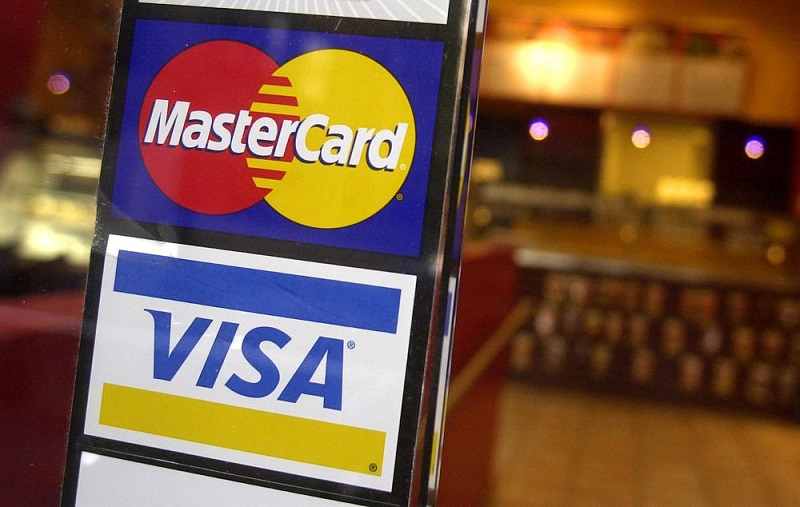

Leading Russian banks are looking into using a Chinese payment rival after Visa and Mastercard suspended operations, while all the big global accounting firms said they would pull out of Russia in the latest corporate fallout over the invasion of Ukraine.
Ernst & Young and Deloitte cut ties Monday with their operations in Russia, both saying they would work to support thousands of colleagues who will be affected. Ernst & Young cited what it called the “shocking and abhorrent war in Ukraine,” and Deloitte also said it would exit Moscow-allied Belarus.
KPMG and PricewaterhouseCoopers, the other so-called Big Four accounting firms, announced their exits from Russia a day earlier.
A host of foreign companies have suspended financial services in Russia — as well as major brands from Apple to Shell and Ikea — as part of a larger move by the West to isolate Russia and cut it off from the global financial system. Visa, Mastercard, and American Express withdrew their services over the weekend.
That has left Russian banks scrambling to find new ways to facilitate cross-border payments.
Sberbank and Tinkoff Bank said Sunday that they are considering the possibility of payment cards powered by China’s UnionPay system. Sberbank, Russia’s largest bank, said it would announce the launch date later.
Sberbank and Tinkoff told users that they will be able to use Visa and Mastercard for transactions within Russia but they will stop working for payments outside of the country after Wednesday.
The Russian central bank has warned that all cards using the Visa or Mastercard systems will stop working for both purchases on foreign websites and transactions abroad.
As Western companies pull out of Russia, China has emerged as a critical connection. Beijing reaffirmed its ties Monday, with the foreign minister describing Russia as China’s “most important strategic partner.”
China has refused to criticize the invasion of Ukraine but tried to distance itself by calling for dialogue and respect of national sovereignty.
The Chinese payment processor UnionPay benefits from its position as a payment monopoly bolstered by the large Chinese population and the world’s second-largest economy, helping it to grow into a serious rival to Visa and Mastercard.
UnionPay cards are accepted at physical stores in 180 countries and regions and at online stores in 200 countries and regions, according to its website.